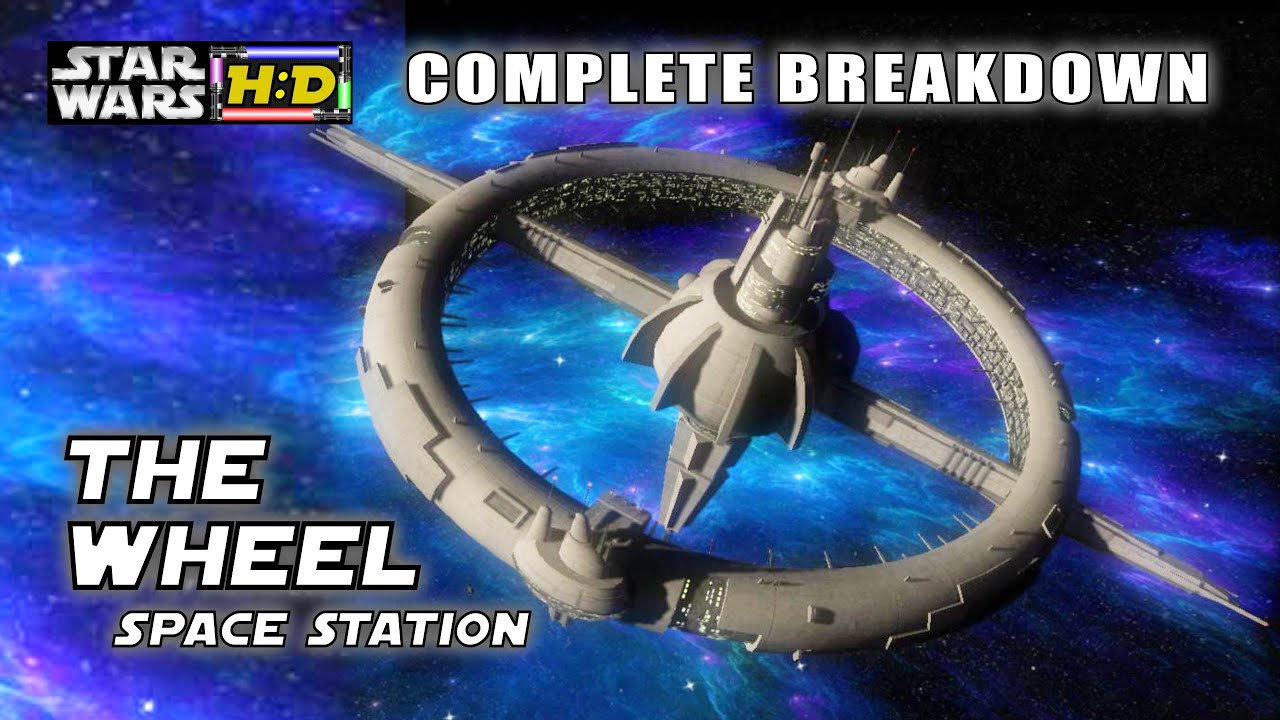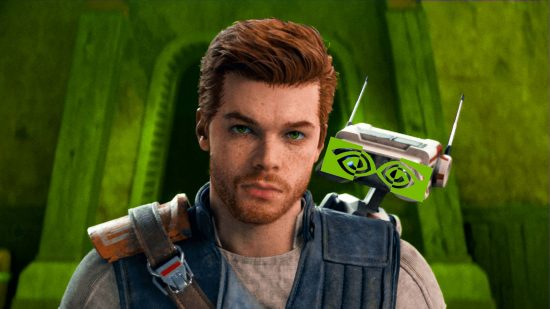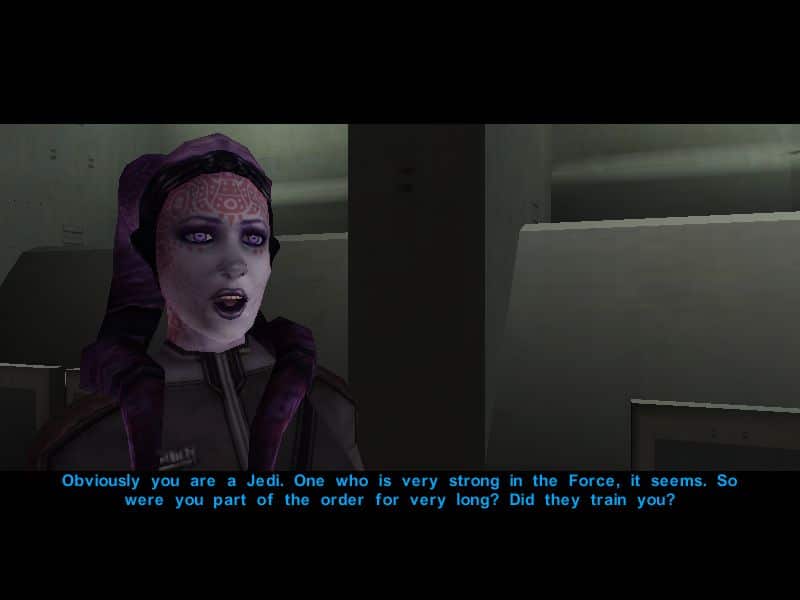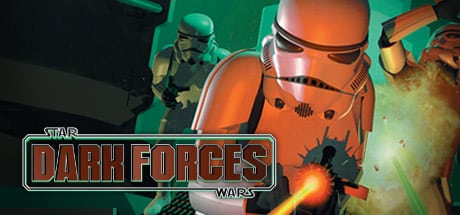
What does a typical day look like for you at the studio?
My day can be broken down into a couple different major sections, not all of which happen every day but all of which occur with regular frequency.
Planning: Discussions that center around what we might want to do for the future, be it the next patch or for the next year
Designing: Doing the actual work fleshing out and implementing what has been planned and committed to. This is the lion’s share of most days, as it covers a wide variety of tasks.
Polish Iteration: After we get designs in to the game, the entire team hammers on them to ensure that the result is exactly what we want. This is less about finding bugs (though that does happen; our outstanding QA department handles the majority of the brutal bug finding), and more about making sure what we put into the game matches what we want to be doing.
Communication/Information Gathering: This happens both internally in the studio and externally with the players. I make sure that everyone who needs to know something knows it. This includes meetings with other teams in the studio to loop them into what is going on, as well as making sure I have a handle on the feedback coming from players (via the forums), bugs, and, emails.
What is your favorite part of working on PvP?
The best part of working on PvP is being able to play PvP. PvE challenges are nice, but nothing matches the difficulty of fighting other intelligent human beings. Being able to create that kind of environment for our players is extremely satisfying and I wouldn’t give it up for the world.
What’s the biggest challenge you have to face in your role?
Receiving feedback from players, by far. When you’ve got players on both sides of a combat, one of them will win and one of them will lose, and no one likes losing. This can lead to emotional feedback, and we have to try to look at that feedback and get through any emotionally-driven comments to find what’s at the core of the issue. Even beyond that, almost every change we make will make some players happy and some players unhappy. We have to gauge the health of the game versus the health and happiness of our player base for almost every single change we make, no matter how minor it may be.





